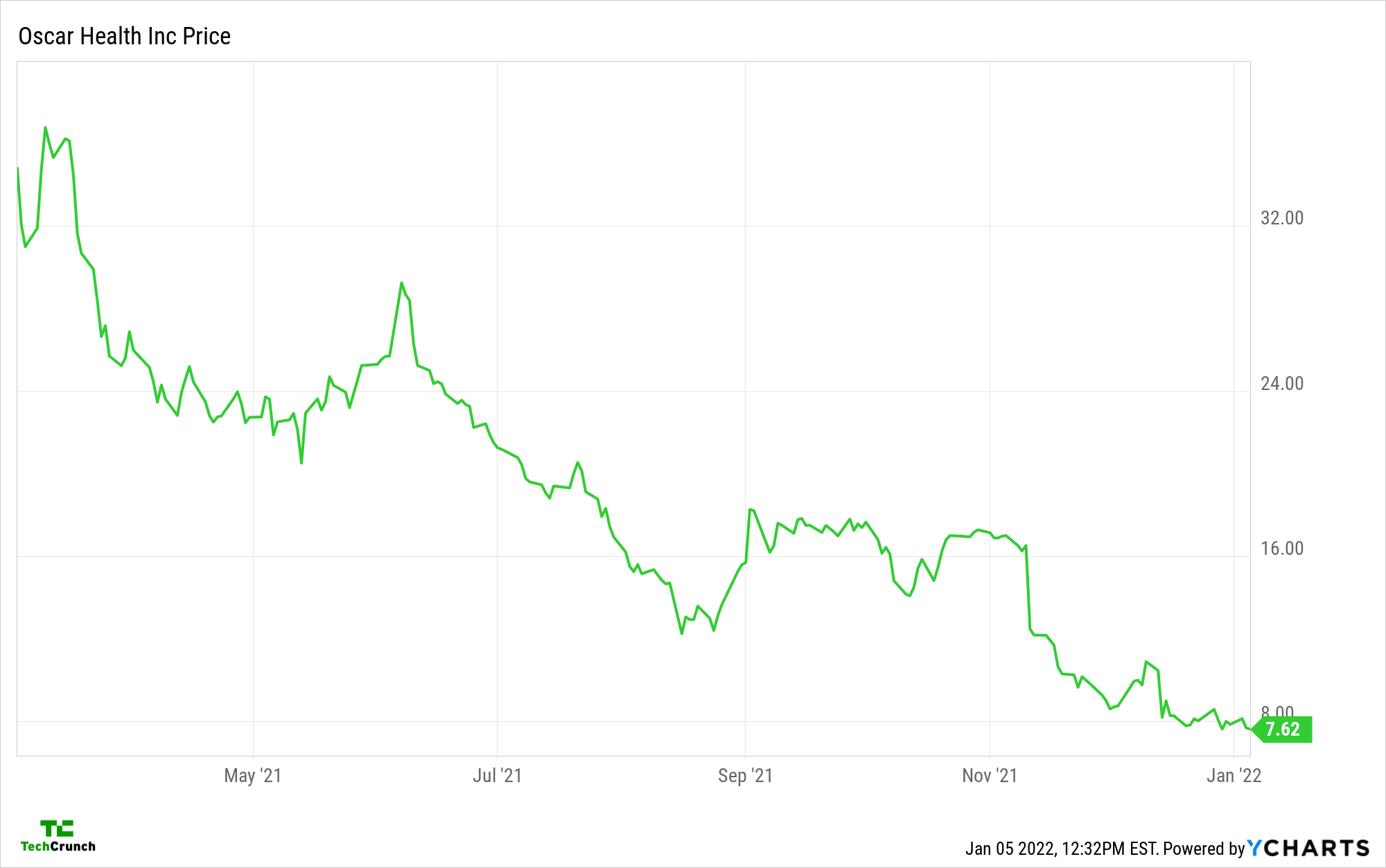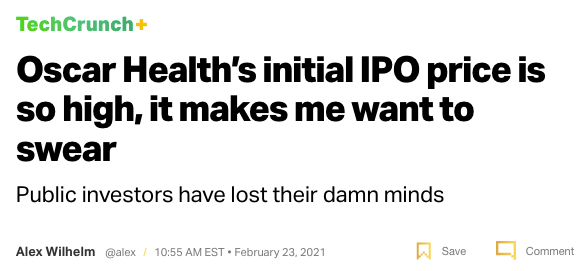There was a period of time when insurtech startups actually selling their own insurance products were hot tickets in the private and public markets. Things have changed.
The venture-backed insurtech rollout to the public markets was lengthy. Lemonade, which sells rental insurance, went public in early July 2020. Root, which focuses on auto insurance, went out in October of the same year. Metromile, also in auto insurance, went public via a SPAC in February 2021. And, finally, Hippo, focused on home coverage, went public via a blank check company in August of last year.
It was quite the run of liquidity for companies that racked up impressive venture backing in their early days.
Since those debuts, however, the public markets have not proved kind. Metromile announced that it would sell itself to Lemonade after losing nearly all of its value; today, Metromile is worth around $2 per share, down from a 52-week high of just over $20 per share.
Its peers also struggled. Lemonade has seen its value erode from just over $188 per share to $38.68 as of the time of writing. Root is worth $3.16 per share, down from a 52-week high of $25.63. Hippo is down to $2.62 per share from $15 per share at its peak. We’ve covered the carnage over the last few quarters.
And then there’s Oscar Health, a consumer health coverage company that had one hell of an IPO. Our take on its pricing was a bit rude, as you might recall:
But while we kept tracking valuations post-IPO for a host of the so-called neoinsurance providers that sold auto and home insurance, Oscar Health fell off our radar. So let’s check in on how we did with our general perspective on the company’s IPO pricing.
Which, I should note, even at the time felt somewhat insane. From the above-linked piece:
At $7.7 billion in worth, the company’s full-year 2020 revenues of $462.8 million gives Oscar Health a revenue multiple of 16.6x. That’s SaaS-like! For a company that shrank last year! That has the equivalent of negative gross margins!1
We have seen some very silly stuff in the IPO market over the last 12 months. I have mostly nodded along because I don’t really care how other people value growth stocks, and I can actually summon arguments to mind concerning here and there as to why some tech shops deserve huge multiples. Oscar Health is not such a company.
The company priced at $39 per share, and has done this since its debut:

Before it was sold, YCharts made TechCrunch a custom color set. We should use it more often. Image Credits: YCharts
Yeah.
What’s somewhat weird about the neoinsurance providers that went public is that often their numbers didn’t look great when they were floating. There was market expectation, perhaps, that the tech part of the tech startups building insurance products would have a faster and larger impact on their bottom lines. After all, surely heavy tech investment using modern tooling could lead to better underwriting models, better insurance pricing and easy customer acquisition thanks to digital-first apps?
And yet. It’s rough seas out there. Many of the neoinsurance companies remain well capitalized and thus have the cash to weather the current downturn. But it’s fair to say that the private markets mispriced certain insurtech startups, and that the public markets were temporarily also convinced. What’s come after is a mess, and one that I haven’t really heard any contrition about — regular folks took a bath on some of these companies, after all.
Anyway, the neoinsurance unicorn public market meltdown includes Oscar Health, which teaches us an old lesson: If something barks a lot and eats its own shit, it’s probably a dog.

